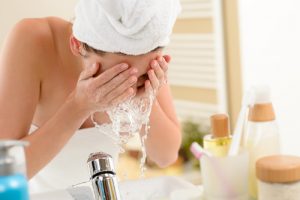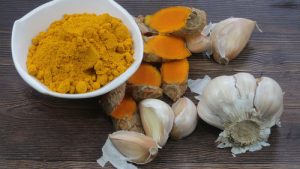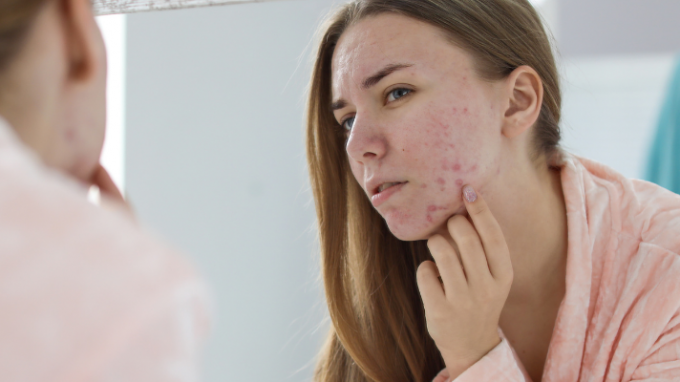Polycystic ovary syndrome (PCOS) is one of the most common causes of infertility in women of childbearing age. However, PCOS and acne also frequently go hand-in-hand. Severe acne affects up to a third of women who suffer from PCOS, and it is one of the more obvious issues caused by the condition.
PCOS and Acne
For many women, the severe acne associated with PCOS is the reason they seek medical treatment. This is not your usual issue of occasional outbreaks.
If you are using over-the-counter (OTC) acne medications like benzoyl peroxide or salicylic acid and not getting results, it may be time to speak to a doctor. There may be a hormonal cause or other underlying health issue behind your outbreaks.
PCOS-related acne is typically found on the face, neck, back and chest. On the face, it is mostly in areas where men would have facial hair. The lesions are typically larger, deeper and more persistent than what you normally see with acne, and this is the case because this acne has a hormonal cause.
The excess male hormones produced by women with PCOS are a root cause of skin issues including acne. Others include oily skin, skin tags, excess hair in areas where women don’t normally grow much body hair (hirsutism) and, less commonly, acanthosis nigricans. These are dark, velvety patches of skin that are most commonly found in skin creases.

- Wash your face twice a day
- Use an oil-free moisturizer afterwards
- Do not pick at the blemishes
- If you wear makeup, use only noncomedogenic products
Treatment
Because acne from PCOS is hormonal, you will most likely need to treat the underlying cause in order to see improvement. This means that you may need to treat the hormonal issues involved in PCOS as a means to help clear up your skin.
Some Basic Approaches to Treating PCOS
A healthy weight can help mitigate the symptoms of PCOS. For some women, this will mean that they need to lose weight. Regular exercise is another basic treatment for PCOS and may also help with weight loss.
Diet has been known to help as well. Inflammation is a big issue with PCOS, and some foods are inflammatory while others are anti-inflammatory.
Start a journal to track your diet and symptoms and look up research into which foods may help and which may hurt. Diet is complex and there is a lot of conflicting information. You will need to work at figuring out which foods work for you.
Some foods known to be anti-inflammatory:
- Berries and cherries
- Fatty fish
- Broccoli
- Avocados
- Tomatoes
- Spinach
- Almonds
- Walnuts
- Extra virgin olive oil
- Dark chocolate and cocoa
Some foods known to be inflammatory:
- Junk food
- Fried foods
- Sugary beverages
- Processed meat
- Trans fats

Medical Care for Your Skin
Certain kinds of oral contraceptives can be helpful in treating PCOS. Within three to six months, oral contraceptive therapy may reduce inflammation 30 to 60 percent. Inflammation is a root cause of a variety of health issues, including acne. More than half of people with PCOS-related acne see improvement with oral contraceptive therapy.
Two other medications may also be prescribed to treat the acne and hirsutism caused by PCOS. Although not FDA approved for PCOS and acne, spironolactone and flutamide have been known to help, and some doctors are willing to prescribe them.
Some women also seek laser treatments for the excess hair and skin patches. Some women seek help from a dermatologist.
The skin is the largest organ of the body. While appearance matters, significant skin issues are a serious health issue and should be treated as such.




